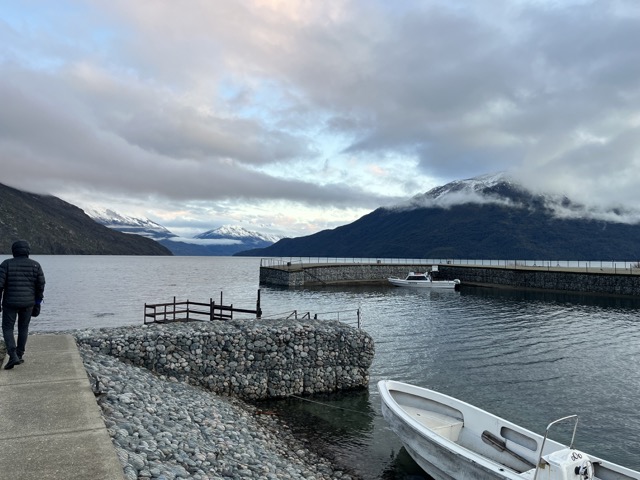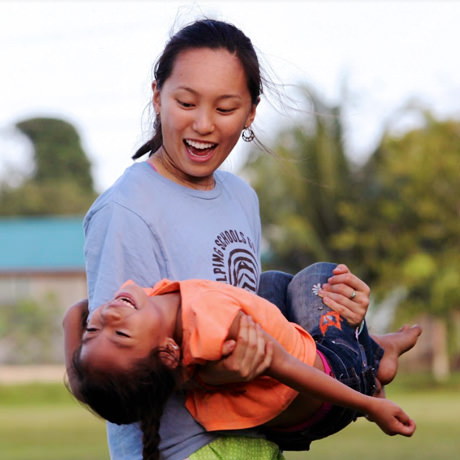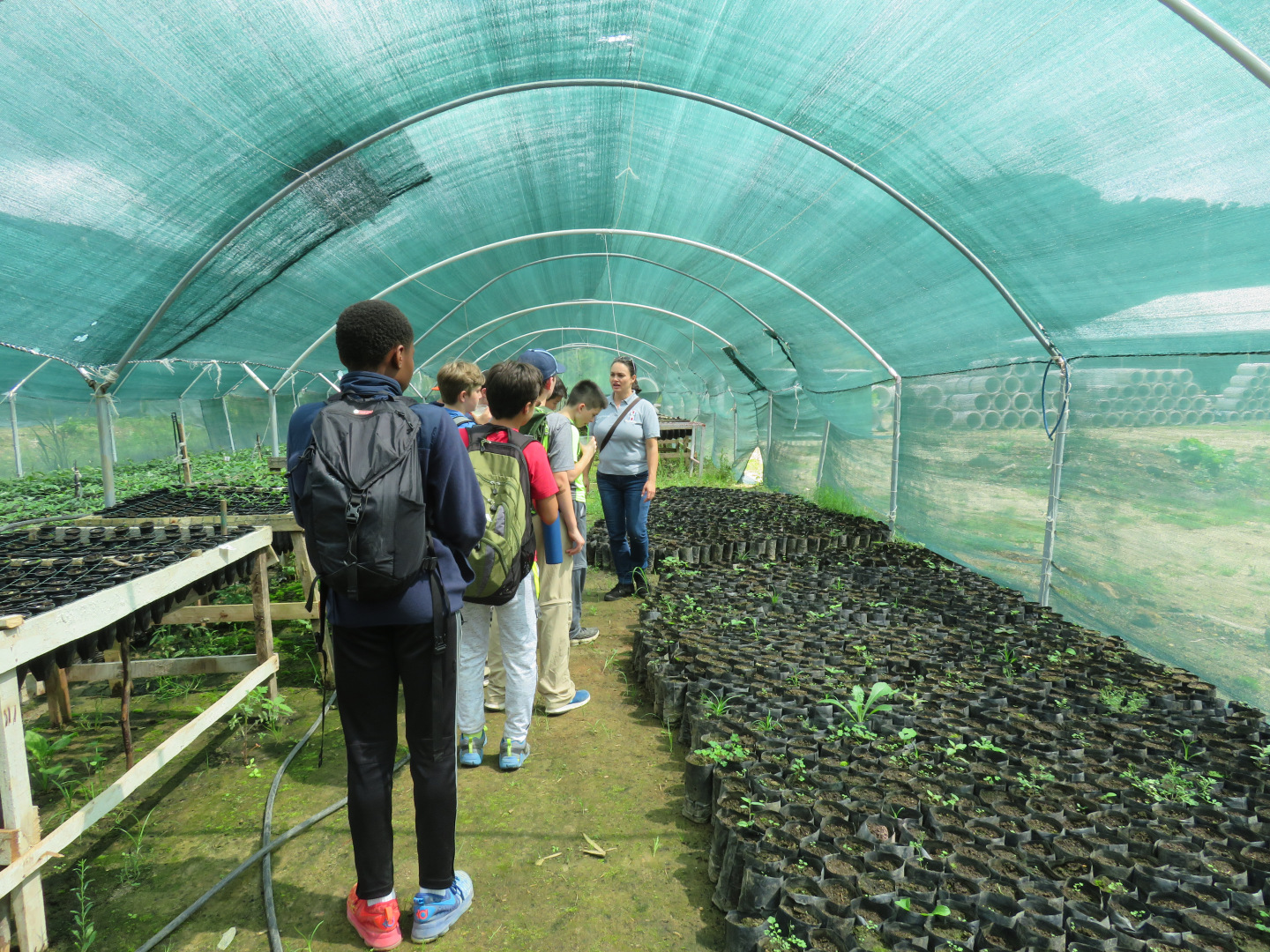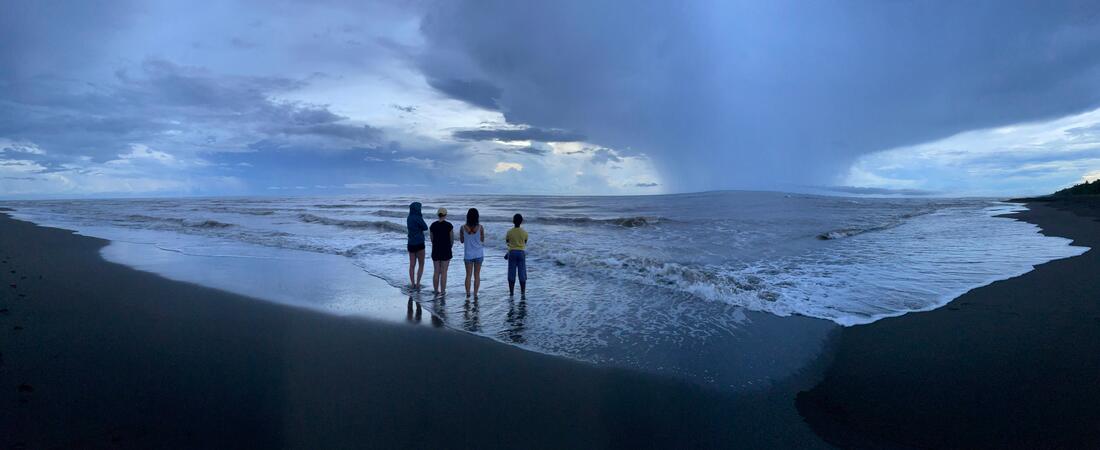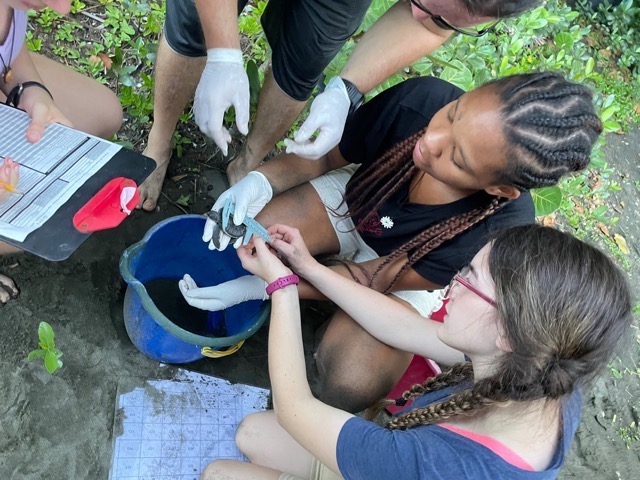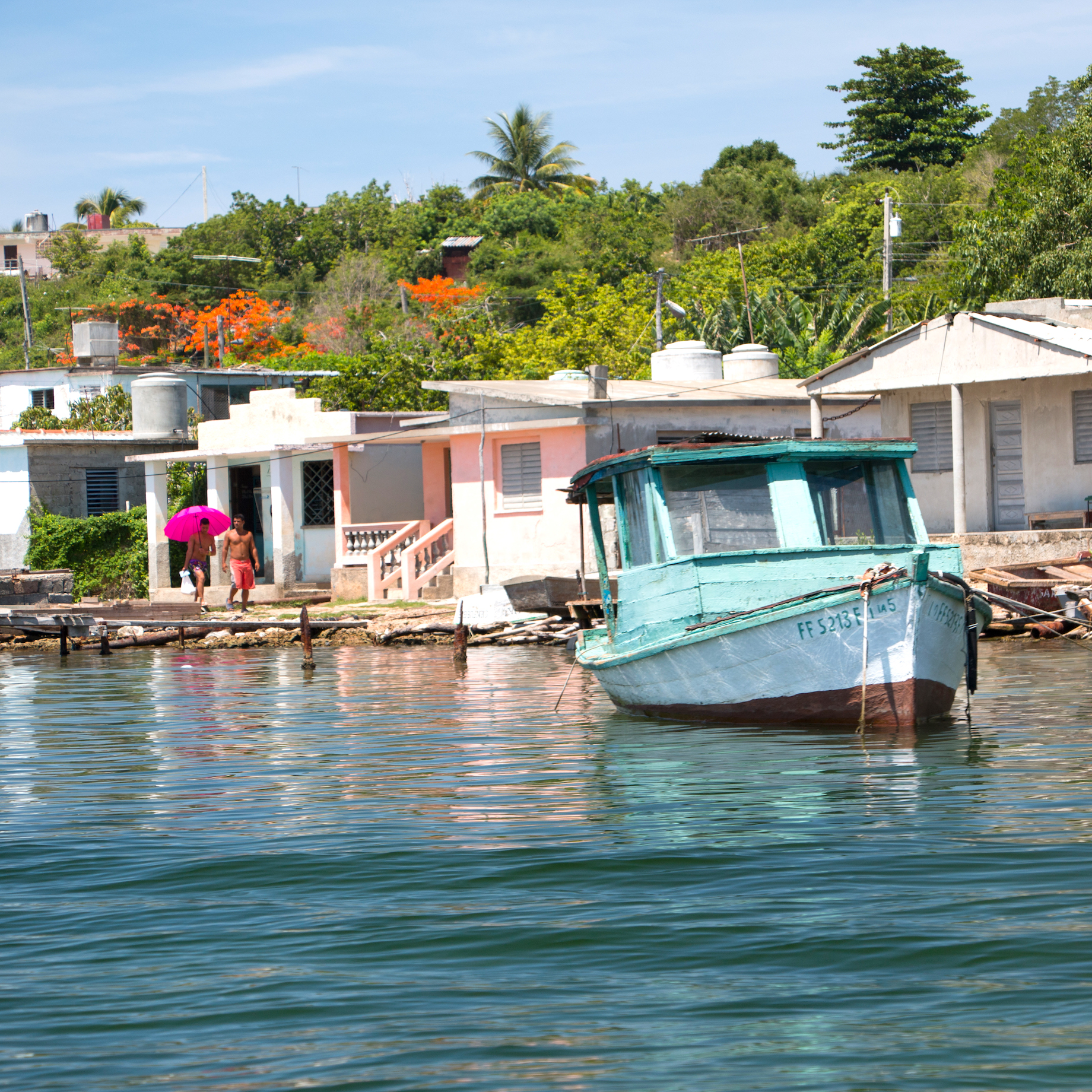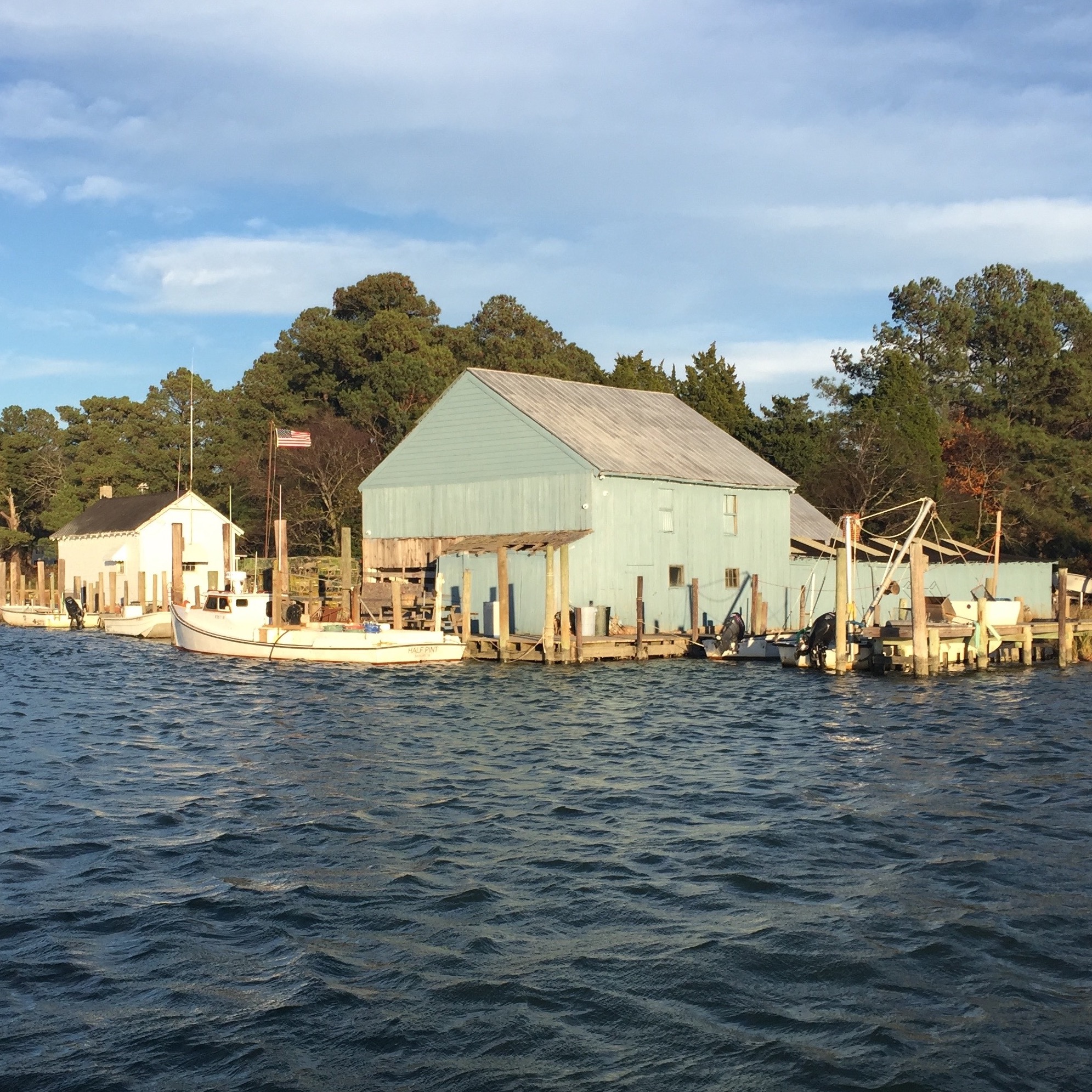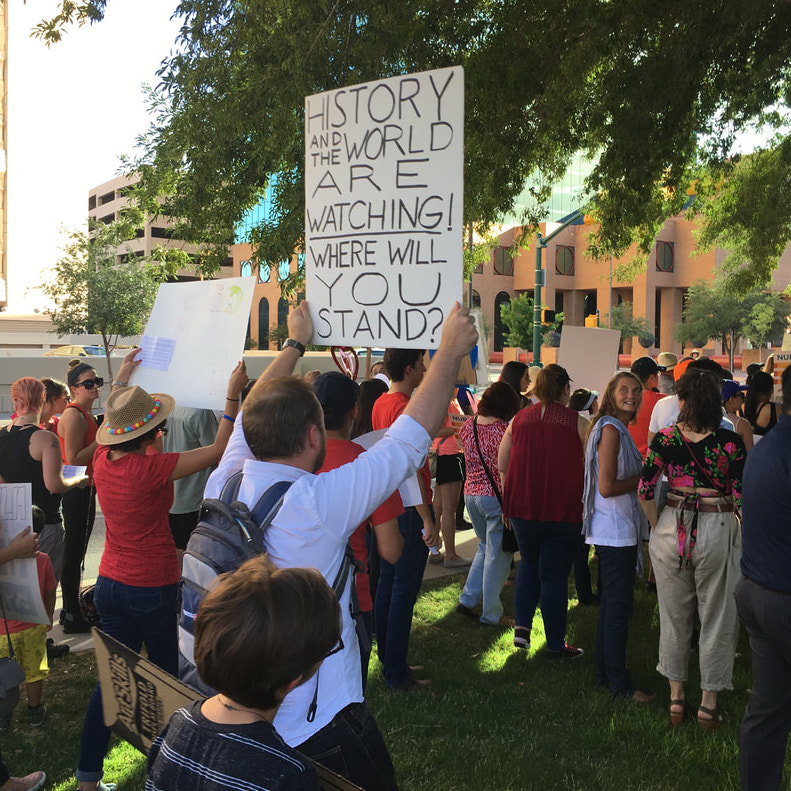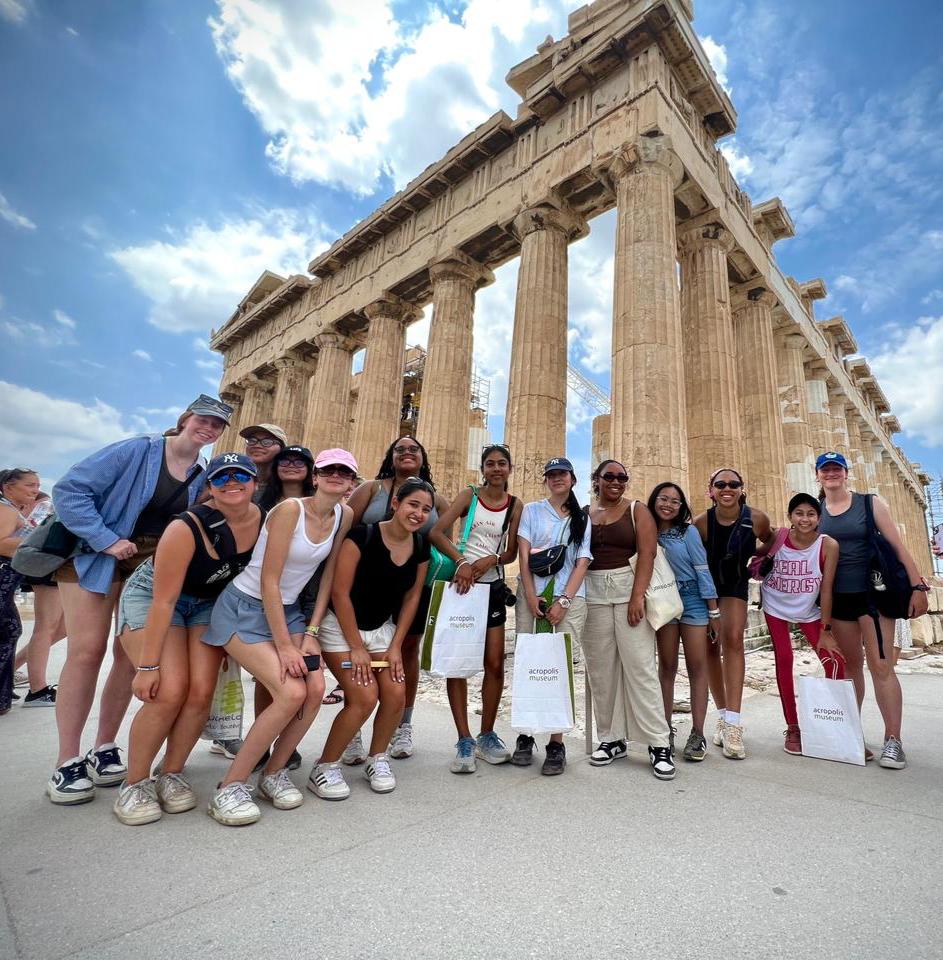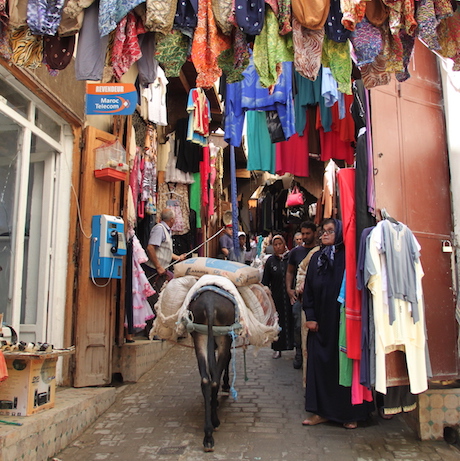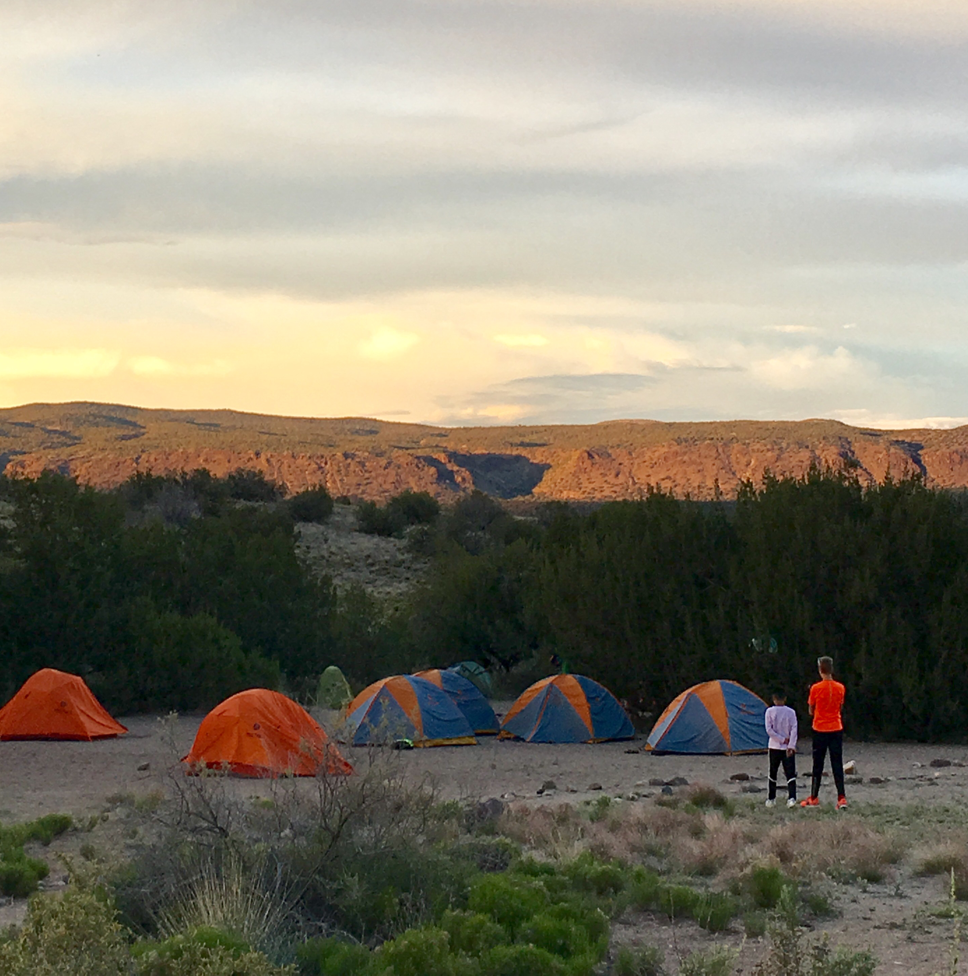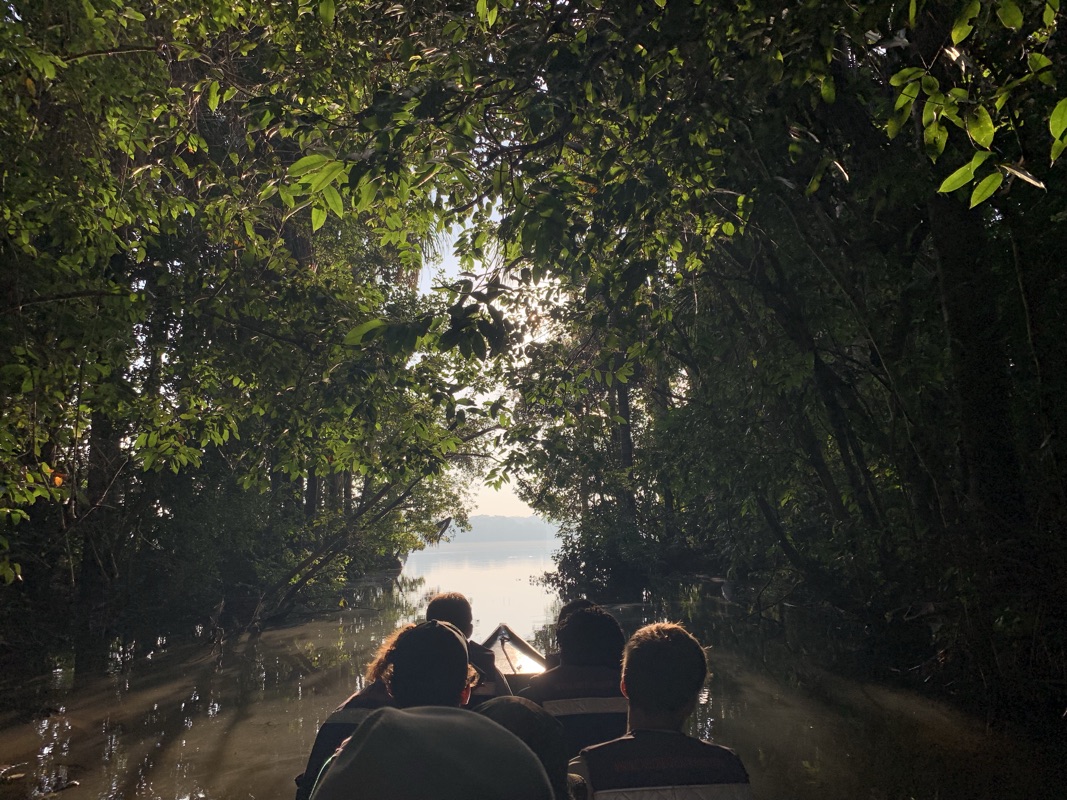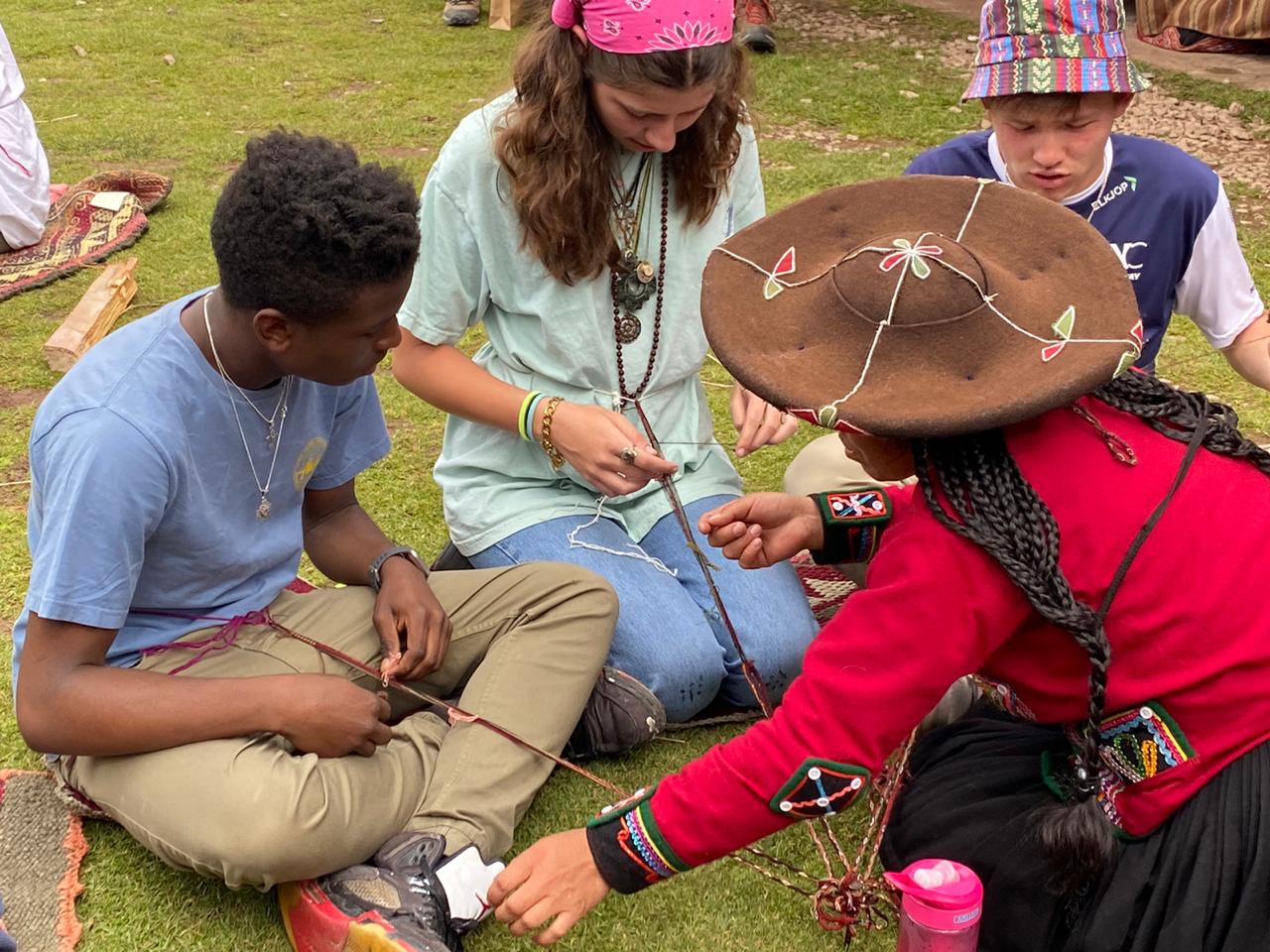Programs in Haiti
Our student travel groups arrive by plane in Port-au-Prince, Haiti’s capital. From there, we will drive by private bus to Petit-Goave, a coastal community about two hours outside of Port-au-Prince. From Petit Goave, we’ll head into the mountains to the small rural community of LaFond. During the day, we will work with community members to rebuild the LaFond School, and during the night, we’ll stay in tented camps. Living conditions for Haiti student travel will be rustic but we will have access to showers and a cook will prepare wonderful and nutritious meals onsite. LaFond School benefits from a wonderful team of administrators, led by World Leadership School Haiti Coordinator Bertin Meance and a very supportive local community.
The last few days of the World Leadership School student travel program in Haiti a time for closure and celebration. We head to Petit Goave to visit international non-profit organizations and see their work in action. We will swim in the Caribbean, take a boat to a gorgeous white-sand beach, and reflect on the experiences we’ve shared. On the final day, we will take a private bus back to Port-Au-Prince to catch our return flight to the United States.
Haiti is a small country which occupies the western half of the Caribbean island Hispaniola. The eastern half is home to the Dominican Republic. The 7.0-magnitude earthquake that struck Port-au-Prince, Haiti, on January 12, 2010, killed an estimated 230,000 people and left 1.3 million homeless. The world has responded to this disaster with more than $10 billion in pledged aid, making Haiti one of the biggest-ever emergency aid recipients. The intent is to reshape the future of the Western Hemisphere’s poorest country.
Even before the 2010 earthquake, Haiti ranked as the poorest country in the Western Hemisphere. Haiti, a country of impoverished peasants and urban slum dwellers, has an estimated unemployment rate of 70 percent. 80 percent of Haiti’s population lives beneath the poverty line and more than half live in abject poverty. The residents of LaFond are no exception. Without education, most residents of LaFond rely on cultivating beans and selling them in Petit Goave. In both Haiti and the Dominican Republic, wealth is concentrated in the hands of a few powerful families, many of whom own large tracts of agricultural lands.
The safety of our programs rests on the experience and skills of our Staff, Country Coordinators and Instructors, who convene at our annual training in Colorado’s Arkansas Valley.
- The Staff of World Leadership School have decades of experience working in different educational environments. Their focus is logistics, risk management, program design, professional development, and consulting.
- Our Country Coordinators live and work year round in our overseas countries. They screen our homestay families, evaluate our transport and other service providers, and provide ground support for our groups.
- Our Instructors are veteran educators with extensive international experience. They have wilderness first responder training and often have past affiliations with Peace Corps, Outward Bound, NOLS, and/or independent schools.
We strive to responsibly manage risks. Our itineraries minimize highway travel and maximize immersion in rural communities that we know well. We update our risk management protocols, integrate feedback into program design, and invest in safety and communication equipment. Despite these efforts, World Leadership School cannot guarantee safety nor can it eliminate the inherent and other risks of international student travel. For information regarding program activities and associated risks, risk management, and student and parent responsibilities, please contact our office.
“… Because of this trip and you, I believe I have finally found what I am meant to do with my time here. I hope to be able to make a difference in the world, just as you have.”
— Student from St. Andrew’s School
“The real impact was learning that helping is not about ‘giving’. It’s about learning the culture of the people whom you are visiting and teaching them skills to assist them in contributing to their community long after you are gone.”
— Parent from St. Andrew’s School

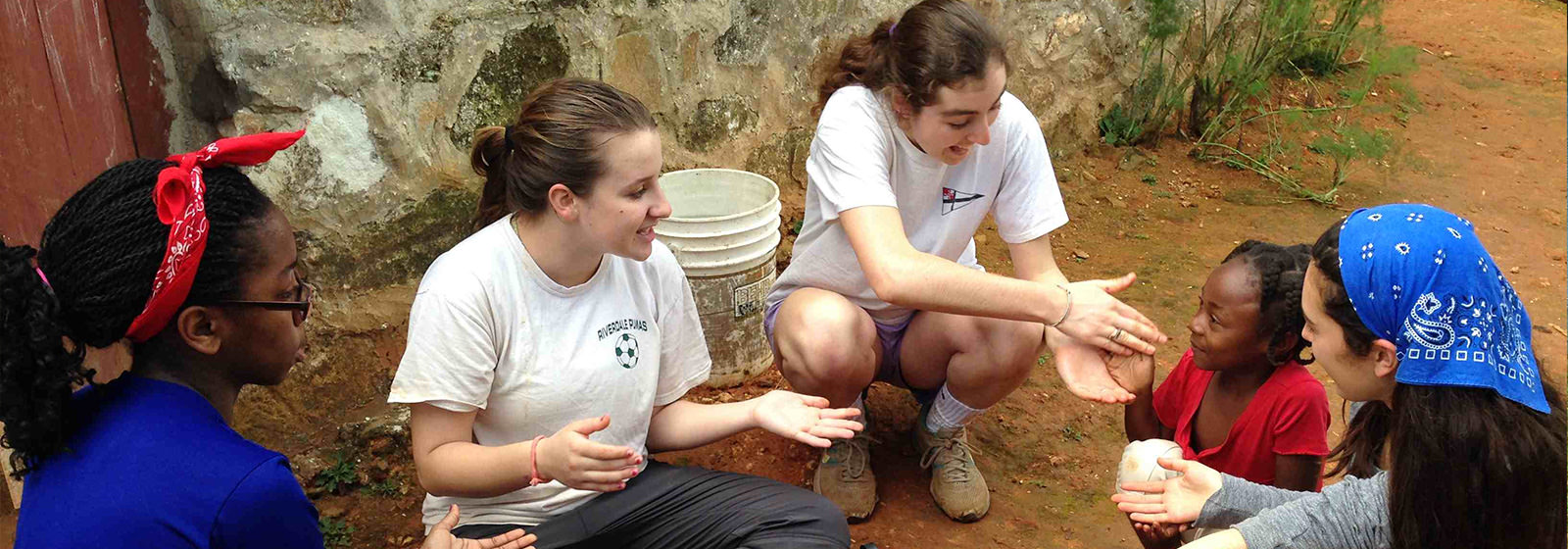
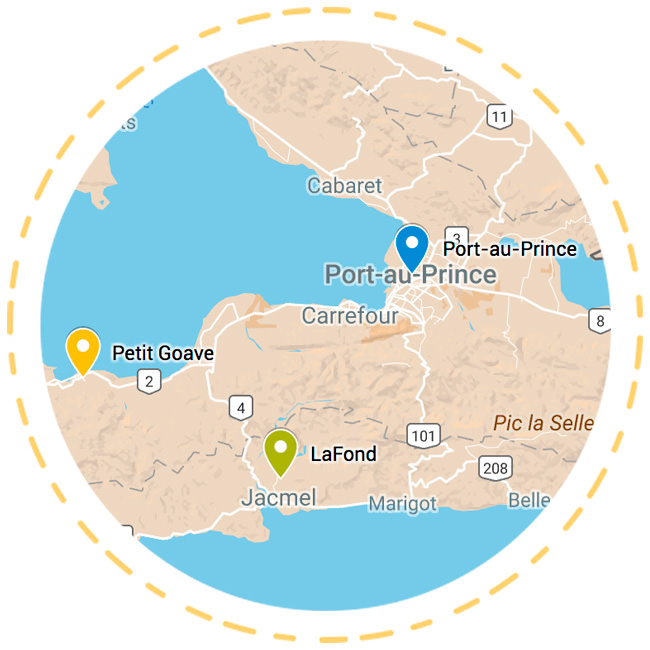
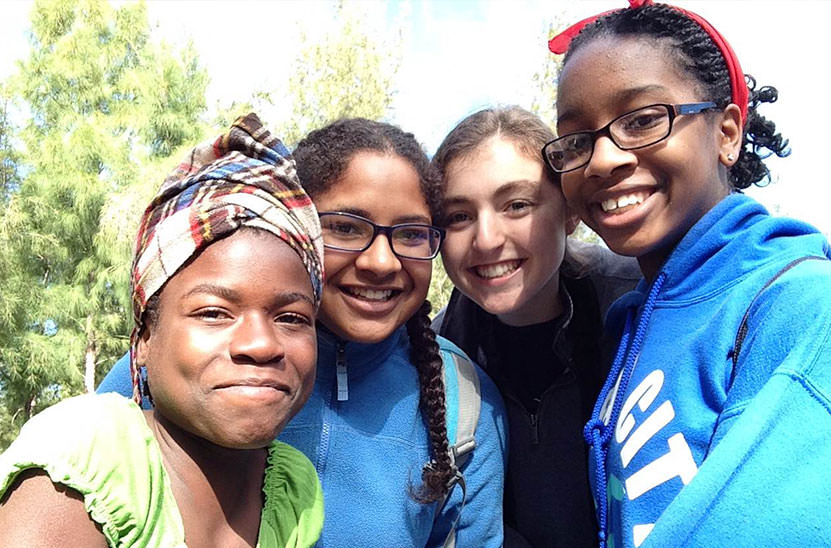
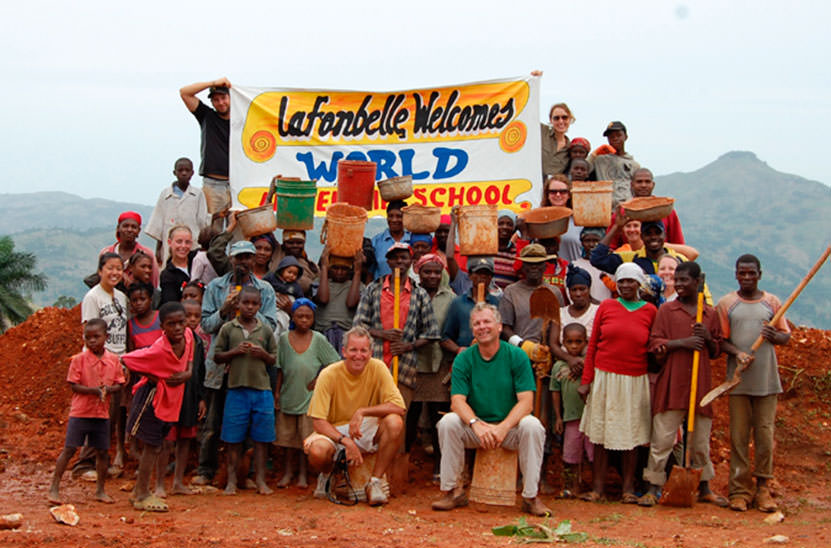
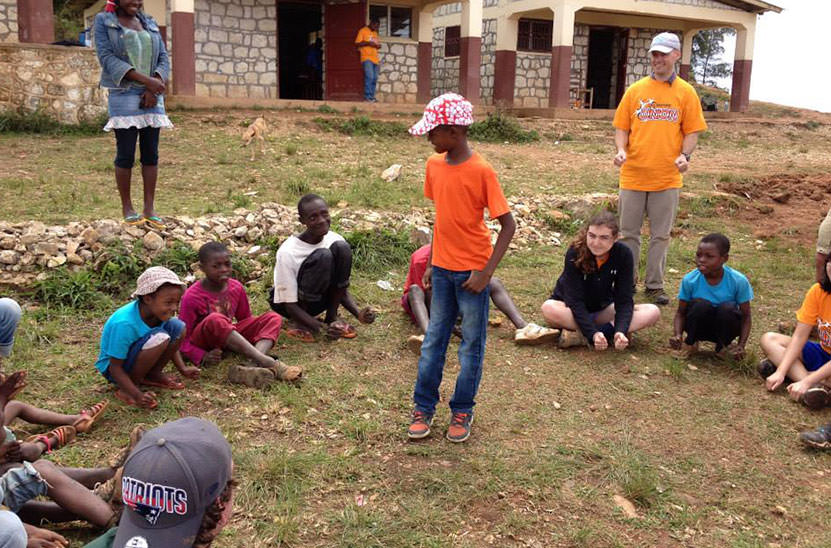
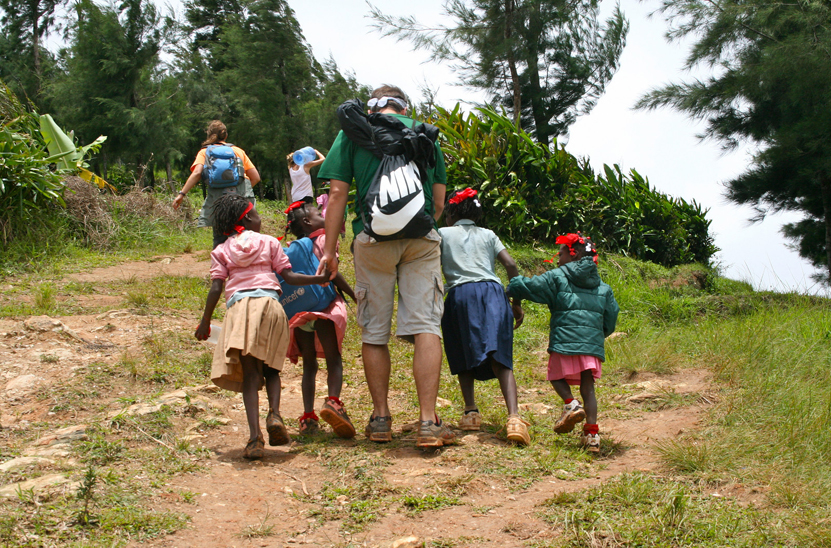
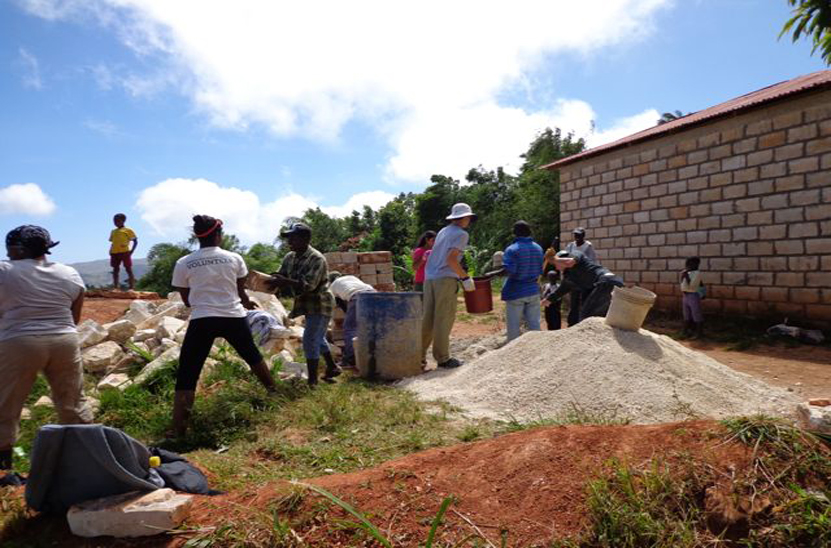
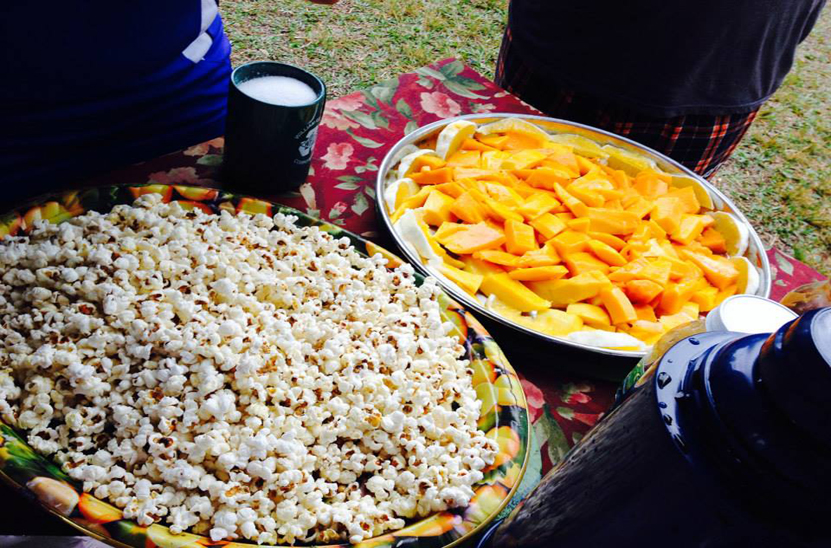
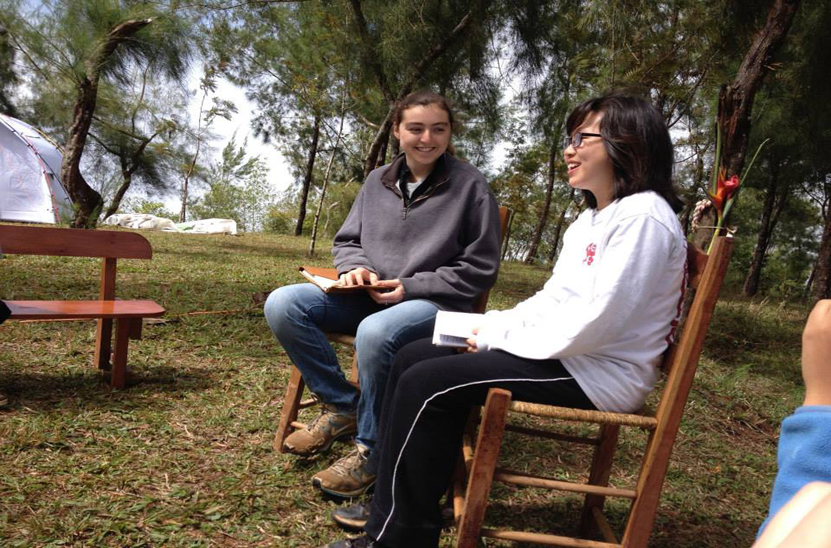



 Explore WLS
Student travel locations
Explore WLS
Student travel locations

